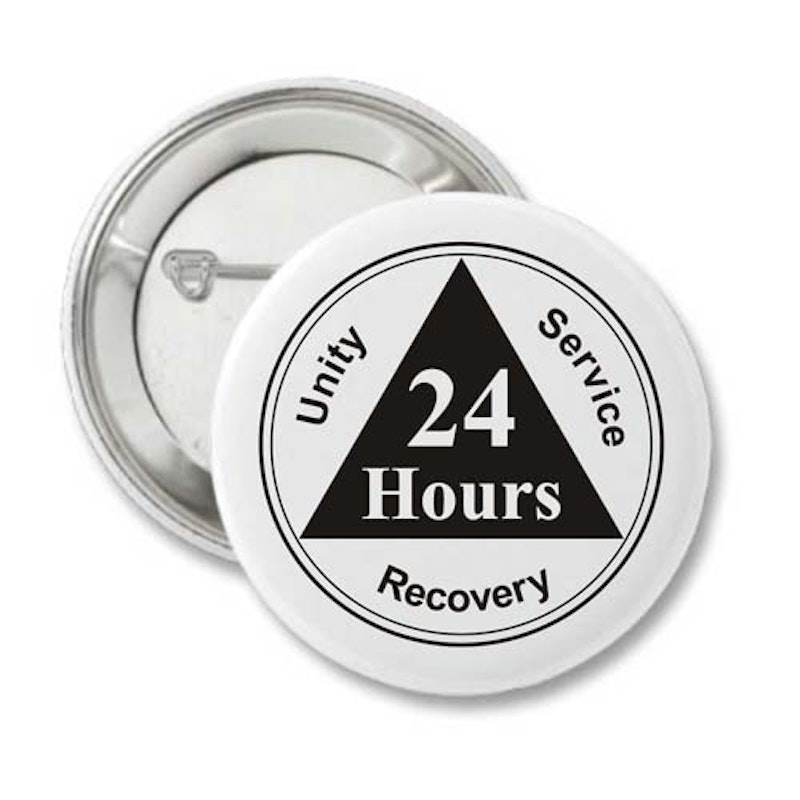I’ve been sober for seven months now, but not in a row. The first lapse was in January, a month into recovery. I was still new to sobriety, so brushed it off and decided to try again. My second lapse in April almost cost me my life. Fed up with the world, I went into my parents’ liquor cabinet, opened up a brand new bottle of Jack, drank half of it, and then wrote, “I want to kill myself so bad right now” on Facebook. I don’t even remember writing it. The rest of the day was a blur: I recall getting a call from a friend to see if I was okay, me calling 911, getting interviewed by the paramedics when they arrived, and ending up in bed with my mom by my side. The next day I decided to take recovery more seriously, and tackle the underlying issues that fed into my addiction.
It’s almost four months since that incident, and I’ve made some progress. I got more serious about deconstructing the irrational beliefs that influenced my drinking using SMART Recovery, started attending a second weekly recovery group, and became more honest with my therapist. But I still miss being drunk. I miss feeling my muscles loosen up with that first sip, reality melting away, seeing the colors of the world blur like a Monet painting, and feeling more comfortably numb than Pink Floyd. There’s no need to slow down and rationalize things; I just fill up that 12 oz. tumbler with bourbon, and then it’s all aboard the Inebriation Express.
Besides, other addicts have done worse things than me. I never lost a job or relationship, never went to jail, never became so physically dependent on alcohol that I drank Listerine to get a fix, and never ended up with complete strangers smoking crack in my bathroom at 6:30 a.m. after a night on the town. Sometimes I wonder if I really had a “problem” or was just a drinking enthusiast. And if it’s the latter, why stop if I’m not hurting anyone?
Last week the facilitator of my local SMART Recovery group told me people in recovery often tell themselves the same thing, and together we deconstructed the idea that I didn’t have a serious problem. “Is this belief objectively true,” she asked, “and based on what evidence?” I didn’t know how to answer. I rattled off all the bad stuff other addicts have done under the influence and how I never did any of that, but she stopped me and asked, “Okay, but what about the last time you drank back in April? What happened then?” In the end, I admitted that based on the evidence, I did have a problem, even though I still wanted to make excuses.
Once again, I have no inspirational closing paragraph that assures the audience that everything’s fine. In the words of Coldplay, I’m in the gap between the two trapezes. Maybe I’ll be able to grab hold to the next trapeze until I have to make another leap, or maybe I’ll plummet to my death. Either way, the center can’t hold.

